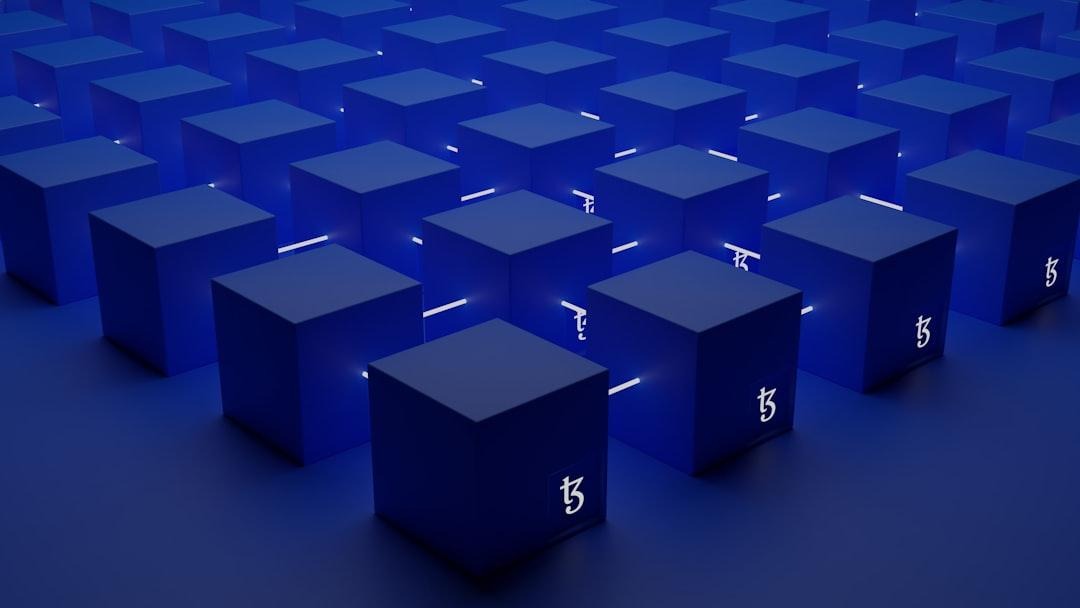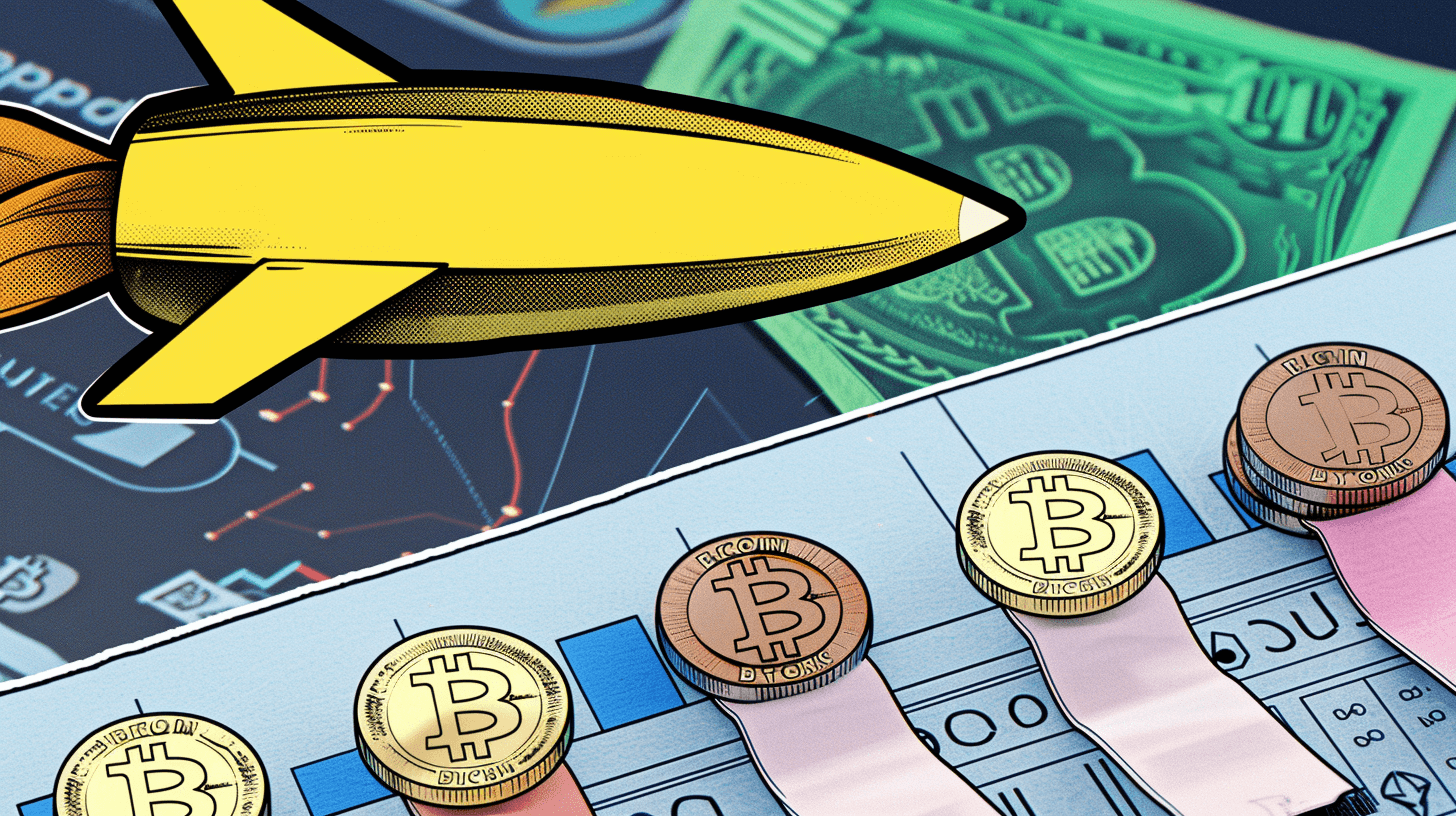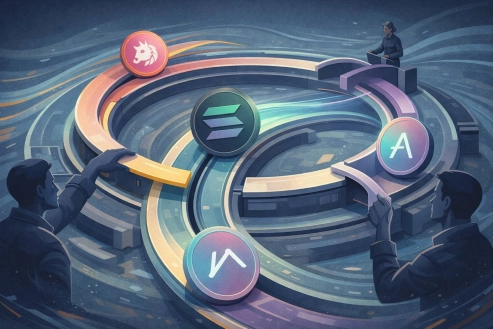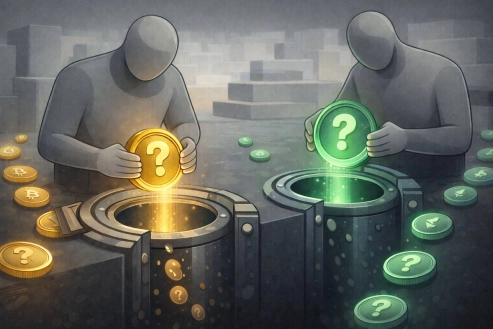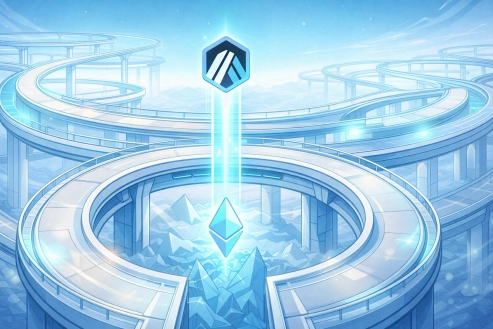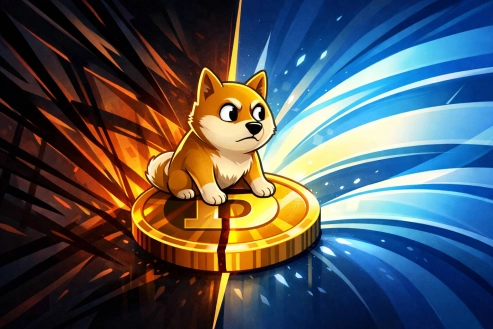The Impact of Blockchain Technology on Gaming Loyalty Programs
Blockchain technology is redefining traditional gaming loyalty programs by introducing a system where actions are not just recorded, but also verified and made immutable. This shift from a simple point-based system to one rooted in blockchain allows for a broader and more secure form of player engagement and reward.
Revolutionizing Loyalty: Blockchain's Role in Gaming
Unlike traditional loyalty systems that operate within confined databases and are prone to modification or deletion, blockchain-based loyalty programs in gaming ensure that every player's actions and rewards are permanently recorded on a decentralized ledger. This not only enhances security but also makes the system fairer and more transparent.
The Mechanics Behind Blockchain Loyalty Programs
Blockchain allows for the creation of non-transferable tokens that serve as proof of specific actions or achievements within the game. For example, attending a special game event or reaching a new level can automatically trigger the issuance of a digital badge. This badge is securely stored on the blockchain and is immune to tampering, loss, or expiration.
Gaming sites recognized for their innovation are already implementing these systems to offer a more transparent and rewarding experience. The best slot sites are an example, utilizing blockchain-based solutions to provide clear, verifiable, and automatically updating rewards.
Enhanced Interoperability and User Experience
The universal nature of blockchain allows different gaming platforms and publishers to recognize and honor player achievements without the need for direct integration. This interoperability ensures that a player's progress and rewards can be carried over seamlessly from one game to another, or even from digital platforms to physical venues.
Applications Across Platforms
Imagine a scenario where completing a puzzle game could count towards rewards in a completely different genre, like a shooter game, or where watching a game's live stream could earn you early access tickets to a related real-world event. Blockchain makes these cross-platform benefits possible, enhancing the overall user experience and engagement.
Interoperability in gaming with blockchainfurther explains how these connections across different ecosystems are established, maintaining a consistent recognition of player achievements.
Privacy and Compliance in Blockchain Implementations
Regulatory compliance and privacy are crucial in gaming, particularly in areas with strict gambling laws. Blockchain assists by providing transparent audit trails and programmable compliance that adheres to regional regulations. Technologies like Zero-knowledge proofs enhance privacy by verifying user identities without exposing personal data, ensuring both compliance and security.
Conclusion
Blockchain technology provides a robust framework for loyalty programs in the gaming industry, reshaping how player loyalty is tracked and rewarded. By making achievements permanent and verifiable, blockchain not only secures data but also enriches the gaming experience, paving the way for more meaningful engagements across various platforms.
Disclaimer: This article is provided for informational purposes only. It is not offered or intended to be used as legal, tax, investment, financial, or other advice.
Investment Disclaimer





